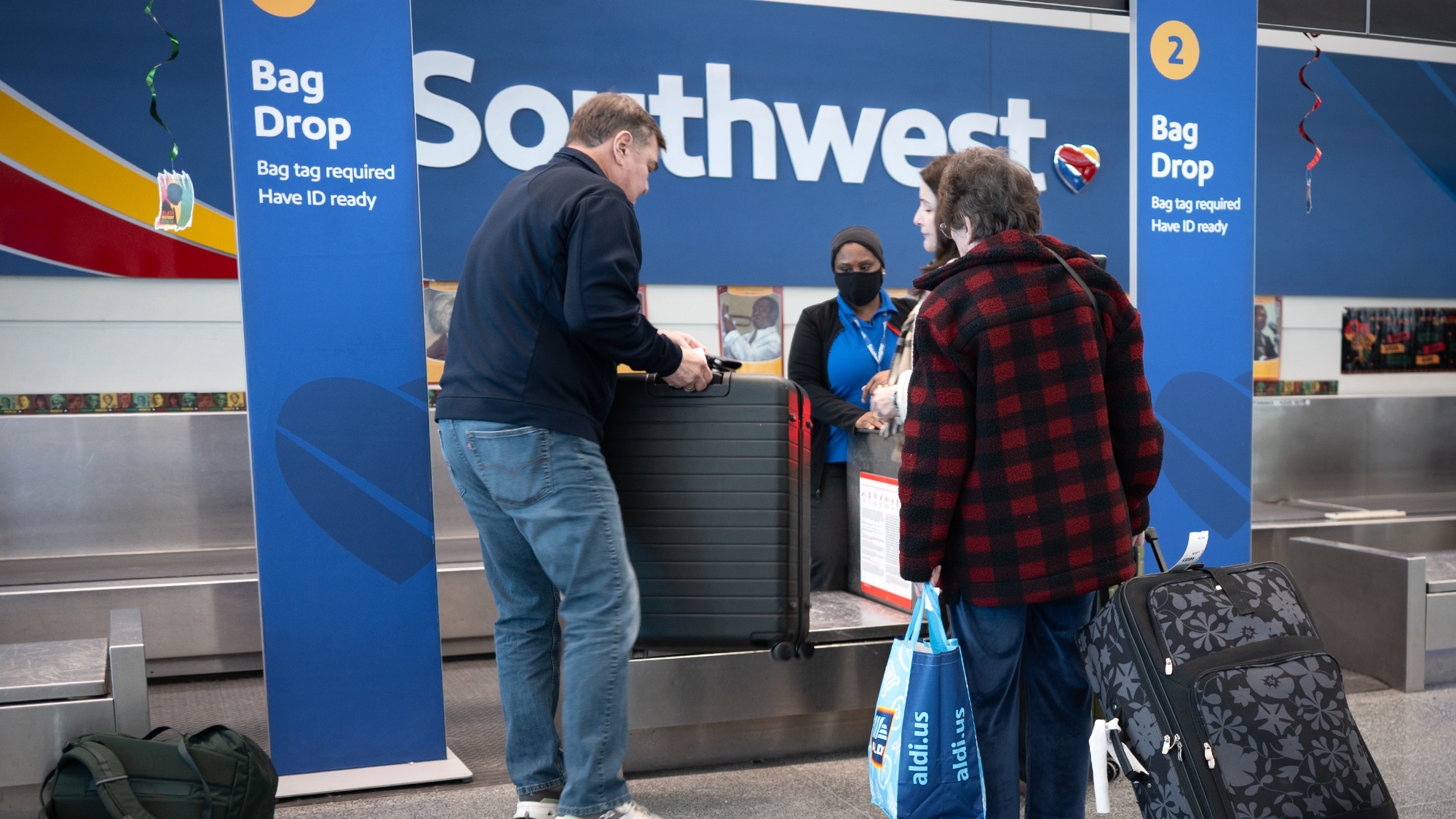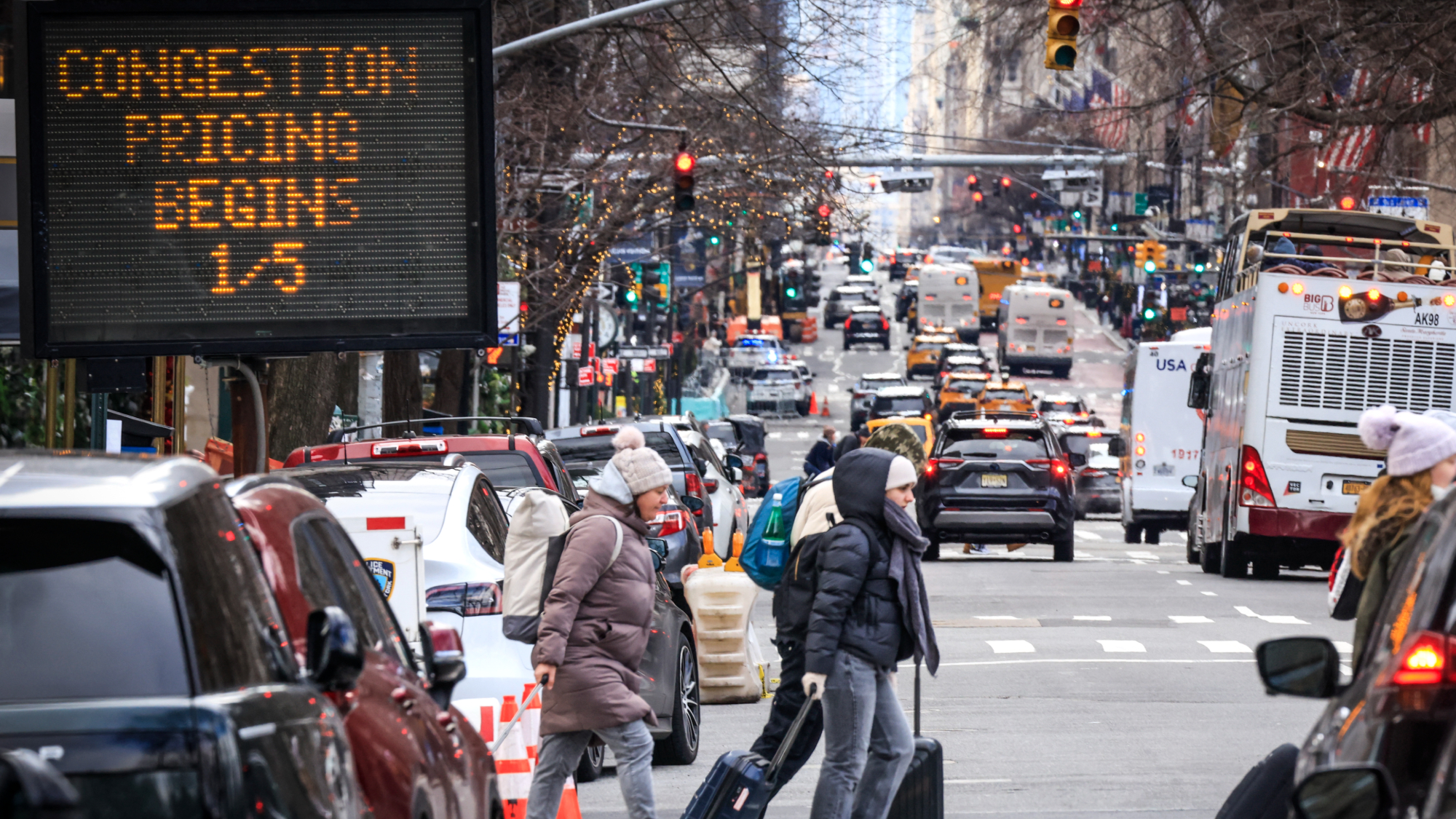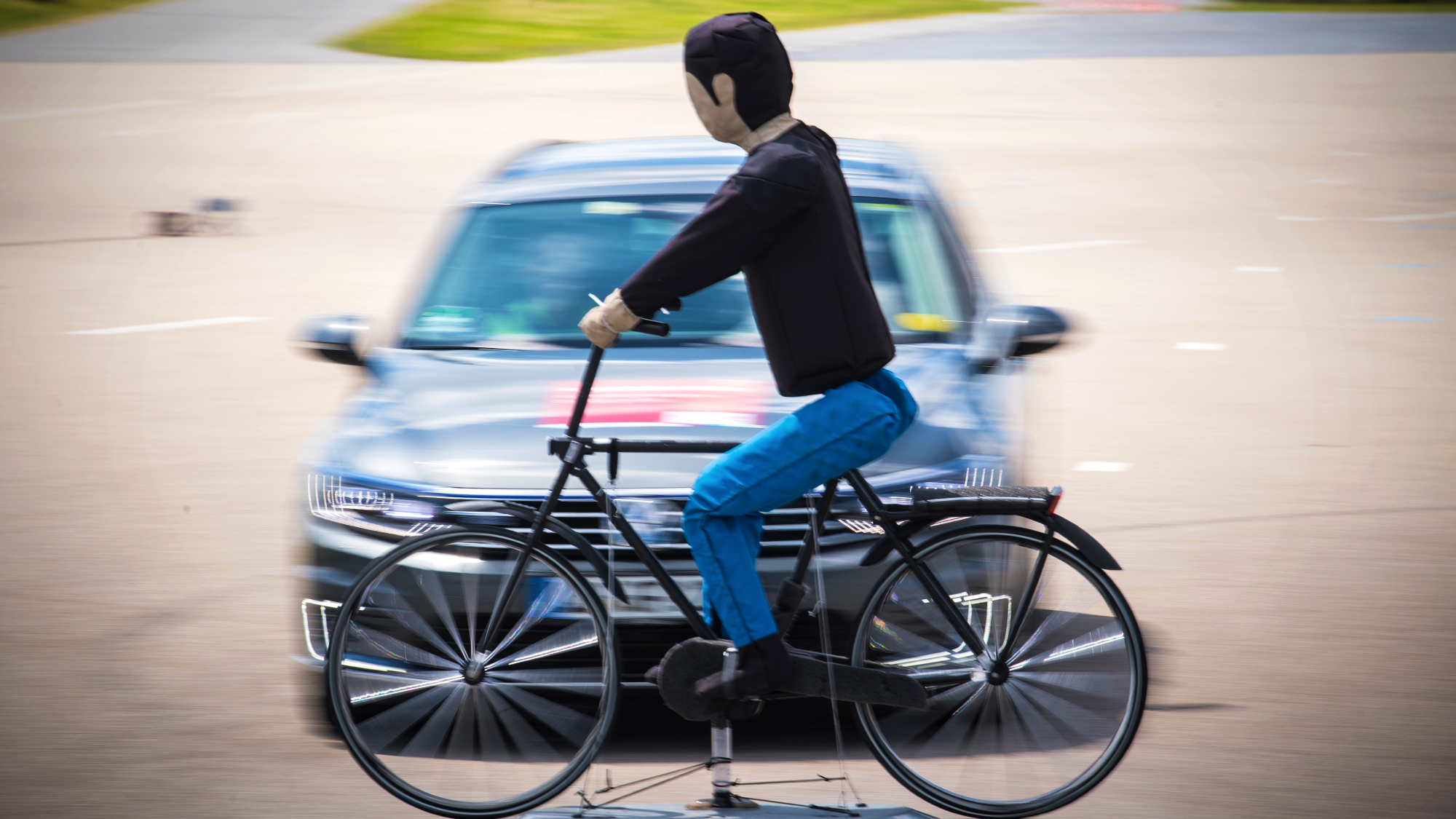Paris bans e-scooter rentals
Electric vehicles were popular with younger residents but older Parisians swung the crucial referendum

A free daily email with the biggest news stories of the day – and the best features from TheWeek.com
You are now subscribed
Your newsletter sign-up was successful
Paris has bid adieu to rented electric scooters, becoming the first European capital to ban the “free-floating” vehicles from its streets five years after it was the first to introduce them.
The last of the French capital’s 15,000 trottinettes were loaded into vans on Thursday afternoon and a ban came into effect on Friday 1 September.
While many of the e-scooters will find new homes in other European cities, their removal from Paris streets signifies the “end of an era” and concludes the city’s “five-year rental e-scooter experiment”, said The Guardian.
The Week
Escape your echo chamber. Get the facts behind the news, plus analysis from multiple perspectives.

Sign up for The Week's Free Newsletters
From our morning news briefing to a weekly Good News Newsletter, get the best of The Week delivered directly to your inbox.
From our morning news briefing to a weekly Good News Newsletter, get the best of The Week delivered directly to your inbox.
They became hugely popular among the Parisian youth as an easy, affordable and eco-friendly mode of transport. The scooters could be conveniently accessed via a mobile app and left anywhere in Paris. But despite their popularity with younger Parisians, their presence on the city’s streets has been marred by controversy.
Their use has led to hundreds of accidents on Paris roads, several of them fatal. In 2019, the then transport minister, now prime minister, Elisabeth Borne complained in Le Parisien that the city was becoming beholden to the “law of the jungle”, as unscrupulous e-scooter users zipped through traffic, rode on the pavements and dumped discarded scooters in doorways, walkways and busy public thoroughfares.
Paris introduced strict regulations on the use of scooters the same year. Then, in April of this year, the issue was put to a referendum, with a seemingly “emphatic” outcome, said CNBC: 90% of those who took part voted to ban them.
Paris “got it right” when it voted to ban the rentals, said Jill Filipovic for CNN, and “more cities should follow suit”. Often “more of a menace than a convenience”, the use of e-scooters in major cities is frequently under-regulated, and enforcement of existing rules is “spotty” at best.
A free daily email with the biggest news stories of the day – and the best features from TheWeek.com
For example, multiple riders on a single scooter and scooters on pavements were technically banned, yet it was not unusual “to see snuggling couples on a single scooter, flying down a city sidewalk”. It is often suggested, too, that e-scooters make cities “greener” – but there is little evidence that e-scooter riders would be driving cars or using taxis if they hadn’t opted to rent their electric vehicles.
But the referendum wasn’t as emphatic as it first appeared. As operators quickly pointed out, the turnout represented just 7% of those eligible to vote. Indeed, what really happened was “obvious, and predictable”, said Hugh Schofield, reporting for the BBC in Paris. “Older people – who vote regularly and hate e-scooters – turned out in force. Many younger people, who actually use the things, are more likely to have stayed at home.”
The impulse to ban e-scooters is an “understandable one”, said European affairs correspondent Lee Hockstader in The Washington Post, but “something important will be lost when the city’s rental scooters are gone”.
Indeed, older Parisians “in trying to protect a glorious old place they love, along with themselves, might be doing more harm than they realize”. In taking away the scooters, they are “putting the squeeze on the very thing that gives any city its juice and spirit of reinvention: young people, in all their rowdy, racing recklessness”.
Sorcha Bradley is a writer at The Week and a regular on “The Week Unwrapped” podcast. She worked at The Week magazine for a year and a half before taking up her current role with the digital team, where she mostly covers UK current affairs and politics. Before joining The Week, Sorcha worked at slow-news start-up Tortoise Media. She has also written for Sky News, The Sunday Times, the London Evening Standard and Grazia magazine, among other publications. She has a master’s in newspaper journalism from City, University of London, where she specialised in political journalism.
-
 The environmental cost of GLP-1s
The environmental cost of GLP-1sThe explainer Producing the drugs is a dirty process
-
 Greenland’s capital becomes ground zero for the country’s diplomatic straits
Greenland’s capital becomes ground zero for the country’s diplomatic straitsIN THE SPOTLIGHT A flurry of new consular activity in Nuuk shows how important Greenland has become to Europeans’ anxiety about American imperialism
-
 ‘This is something that happens all too often’
‘This is something that happens all too often’Instant Opinion Opinion, comment and editorials of the day
-
 Are car headlights too bright?
Are car headlights too bright?The Explainer 82% of UK drivers concerned about being ‘dazzled’ as LED bulbs become more common
-
 Is New York City mayoral candidate Zohran Mamdani’s plan for free buses realistic?
Is New York City mayoral candidate Zohran Mamdani’s plan for free buses realistic?Talking Points A transit innovation or a costly mistake
-
 Toxic fumes on airplanes might be making you sick
Toxic fumes on airplanes might be making you sickUnder the Radar Aircraft manufacturers have allegedly downplayed the risks
-
 Southwest joins rival airlines on paid baggage
Southwest joins rival airlines on paid baggageSpeed Read The company is ending its longtime free-luggage policy
-
 US jet fuel tanker, cargo ship collide off UK coast
US jet fuel tanker, cargo ship collide off UK coastSpeed Read A cargo vessel carrying a toxic chemical collides with a US-military chartered oil tanker in the North Sea
-
 New York rolls out vehicle toll in Manhattan
New York rolls out vehicle toll in ManhattanSpeed Read In an effort to reduce traffic gridlock, vehicles will automatically be charged a toll to drive below 60th Street
-
 Senate passes FAA bill with new consumer protections
Senate passes FAA bill with new consumer protectionsSpeed Read The legislation will require airlines to refund customers for flight delays
-
 US to require automatic braking on new cars
US to require automatic braking on new carsSpeed Read 'We're living through a crisis in roadway deaths'